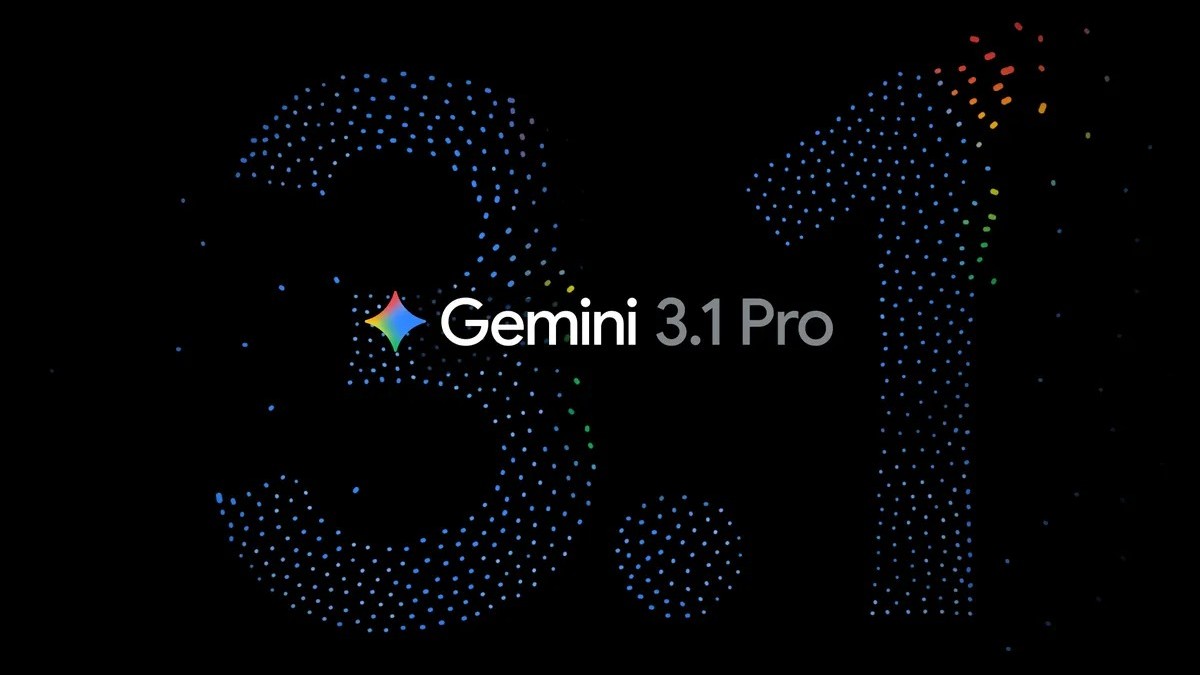Sen. Franken's fear of Google Glass facial recognition app is premature
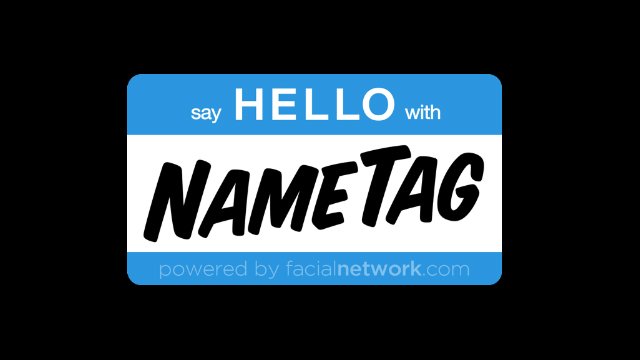
Get the latest news from Android Central, your trusted companion in the world of Android
You are now subscribed
Your newsletter sign-up was successful
The NameTag app for Google Glass isn't anywhere near ready for prime time, but it still manages to get attention.
Some good news this morning for U.S. Sen. Al Franken, and others who worry that anyone with Google Glass is using the $1,500 wearable to stalk them. The esteemed gentleman from Minnesota last week released a letter he sent to FacialNetwork.com, which makes the NameTag app for Google Glass.
Franken doesn't hide his concern for the app when it comes to privacy.
I am writing to express my deep concern about your company's recently announced NameTag app for Google Glass. According to promotional materials, NameTag lets strangers get a broad range of personal information-including a person's name, photos, and dating website profiles-simply by looking at that person's face with the Glass camera. This is apparently done without that person's knowledge or consent, which crosses a bright line for privacy and personal safety.
Fair enough. But Franken's fear is based off "promotional materials."
We've spent a few minutes actually using the NameTag app. And even in that short time, it's obvious that Franken has nothing yet to fear.
The idea of NameTag is simple: You scan a face, and it identifies the face — doing so using available images from "social media and dating sites, including more than 450,000 registered sex offenders."
The app isn't officially sanctioned Glassware. That means you'll have to install it yourself in the command line — which Franken, in his letter, mistakenly refers to as a "jailbroken" Google Glass. There's nothing hacked or "jailbroken" about this — just turn on USB debugging, which lets you install over the command line. (NameTag has whipped up Mac and Windows scripts for those who need help doing that.)
Once installed, you launch NameTag through the menu like you would any other app. Line up a face in the reticle, and it searches the database.
Get the latest news from Android Central, your trusted companion in the world of Android
The app is very much in beta. The software itself is not fast, and the server-side recognition is sluggish, too. (A fact that nametag makes very clear before you even install.) That in and of itself takes care of any fears Franken should have about using NameTag and Google Glass to discretely look up someone's info from their face. You have to get fairly close and hold too still to do it without anyone noticing.
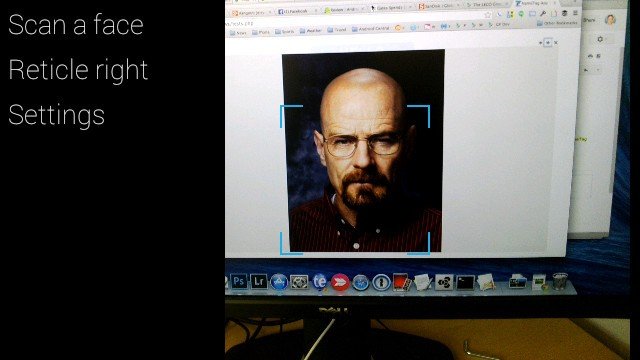
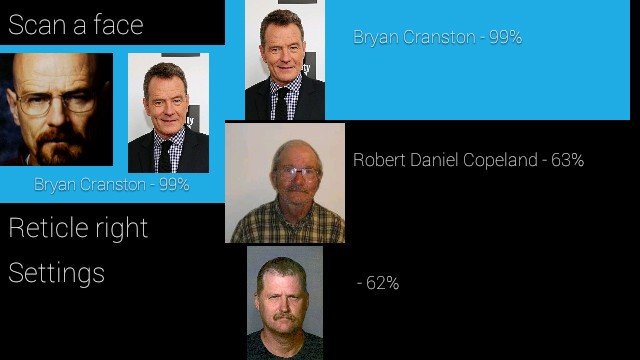
And the next problem? The recognition is currently extremely limited. Nametag suggests using their demo pictures, which offer up Kanye West, Taylor Swift, a registered sex offender from New Jersey (who looks a lot like a puffy Jeremy Renner), and Bryan Cranston in full-on Heisenberg mode. When the servers worked, Name Tag was able to recognize those faces.
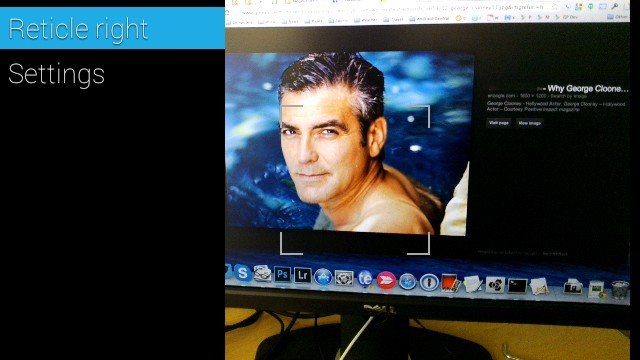
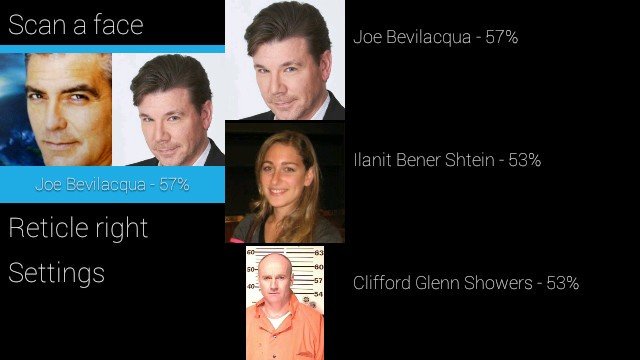
With images that I chose, it failed miserably. Bill Gates is not a sex offender. Neither is George Clooney or Jennifer Aniston. So it has quite a way to go still before actually being useful.
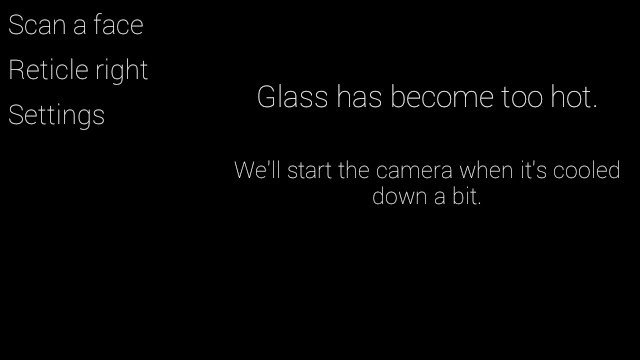
And as a practical matter, NameTag only lasts a couple minutes before overheating Google Glass. So there's also that.
Sen. Franken closed his letter with a few questions for NameTag:
- Will NameTag be an opt-in program?
- How are you addressing concerns that NameTag could be used by stalkers or other bad actors to jeopardize personal safety?
- How does NameTag protect people who do not have an account from being identified? What are you doing to prevent hackers from circumventing these protections?
- Which facial recognition database does NameTag use to identify faceprints? Is it owned by your company? If not, who owns the database?
- Does NameTag use any Facebook photos, including public profile photos, to help identify individuals? What other websites are used?
- Will you agree to adhere to the best practices established by the NTIA's Multistakeholder Process?
- How do you plan to address Google's prohibition on facial recognition Glassware?
- Do you intend to develop NameTag for other mobile devices, such as smartphones?
A good number of the questions here come down to whether publicly available data should be able to be easily accessed by end users. If I'm posting pictures in public, for everyone to see, I don't get to complain if someone sees them or accesses them — whether it's NameTag or someone else.
Sen. Franken has legitimate concerns about privacy when it comes to facial recognition programs. But his fears about Google Glass and NameTag are extremely premature.

